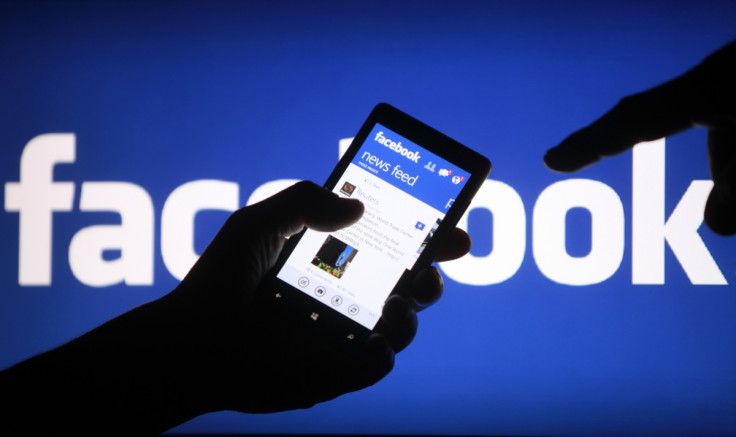Facebook denies censoring conservative news outlets in trending section

Facebook has responded to allegations that the company's "news curators" routinely suppressed stories from conservative outlets when curating items for its "Trending Topics" list. The claims first started circulating following two reports by tech website Gizmodo that cited former Facebook curators.
The sources, who spoke on the condition of anonymity due to non-disclosure agreement, claimed that the team responsible for curating the trends list were asked to suppress certain stories and artificially "inject" others that were not deemed popular enough by Facebook's algorithms.
"We take allegations of bias very seriously. Facebook is a platform for people and perspectives from across the political spectrum," Facebook said in a statement published by BuzzFeed. "There are rigorous guidelines in place for the review team to ensure consistency and neutrality. These guidelines do not permit the suppression of political perspectives. Nor do they permit the prioritisation of one viewpoint over another or one news outlet over another. The guidelines do not prohibit any news outlet from appearing in Trending Topics."
Facebook's trending section, which appears on the right hand side of Facebook's site, uses an algorithm to mine what stories are currently popular. The team of staffers, described as a small group of young Ivy League or private East Coast university-educated journalists, said they would then curate the list and tailor it to meet certain standards.
The former curators claimed that conservative news stories were weeded out if they came from a right-wing leaning website such as Brietbart or NewsMax, unless mainstream sites like the New York Times, BBC and CNN covered it.
"It was absolutely bias. We were doing it subjectively. It just depends on who the curator is and what time of day it is," said one former curator.
The stories reportedly included anything about the right-wing Conservative Political Action Conference (CPAC) gathering, Mitt Romney, Rand Paul and posts from conservative news outlet The Drudge Report. They add that they were asked to avoid stories about Facebook itself as well.
now there’s a first pic.twitter.com/Wtgm5HOzz0
— Sam Biddle (@samfbiddle) May 9, 2016
To make the social network seem like a platform where people discuss hard news, the curators also claimed they were asked to "inject" certain stories that weren't widely discussed on Facebook including #BlackLivesMatter and the Charlie Hebdo attacks.
Some former curators denied consciously suppressing right-wing news, saying there is no evidence that the Facebook management was aware of any political bias at work. Gizmodo also notes that it is not clear if liberal news was affected as well or if this is still happening, since the trending news algorithm is continuously being tweaked.
Facebook's vice president of search, Tom Stocky, said in a Facebook post that the company "found no evidence that the anonymous allegations are true".
The allegations, however, have drawn a massive backlash from both conservatives and liberal critics.
"It is beyond disturbing to learn that this power is being used to silence viewpoints and stories that don't fit someone else's agenda," read a statement from the Republican National Committee.
Besides highlighting how Facebook chooses which news articles are featured in the trending list, the report also trains the spotlight on Facebook's influence on America's political conversation and decisions. According to a 2015 study by the Pew Research Center in collaboration with the Knight foundation, 63% of Facebook users consider the platform a news source.
With over 222 million monthly active users in the United States and Canada, the social network has continued to launch features surrounding political campaigns such as an "I'm Voting" button to encourage people to vote. According to a study by researchers at the University of California, San Diego, Facebook managed to increase voter turnout by more than 340,000 people by showing political messages to 61 million Facebook users during the 2010 Congressional election.
© Copyright IBTimes 2025. All rights reserved.





















